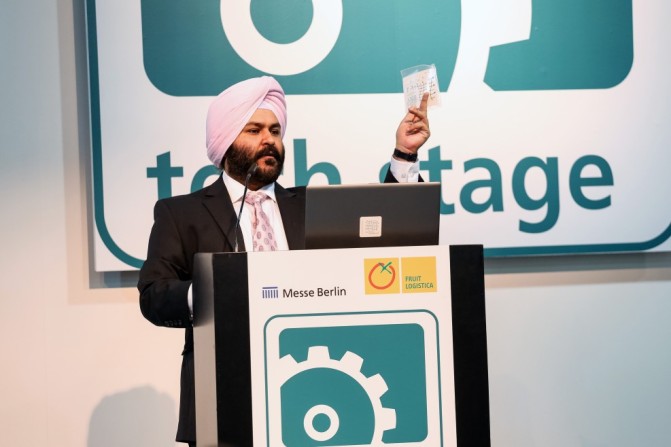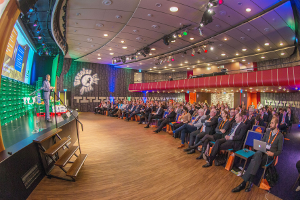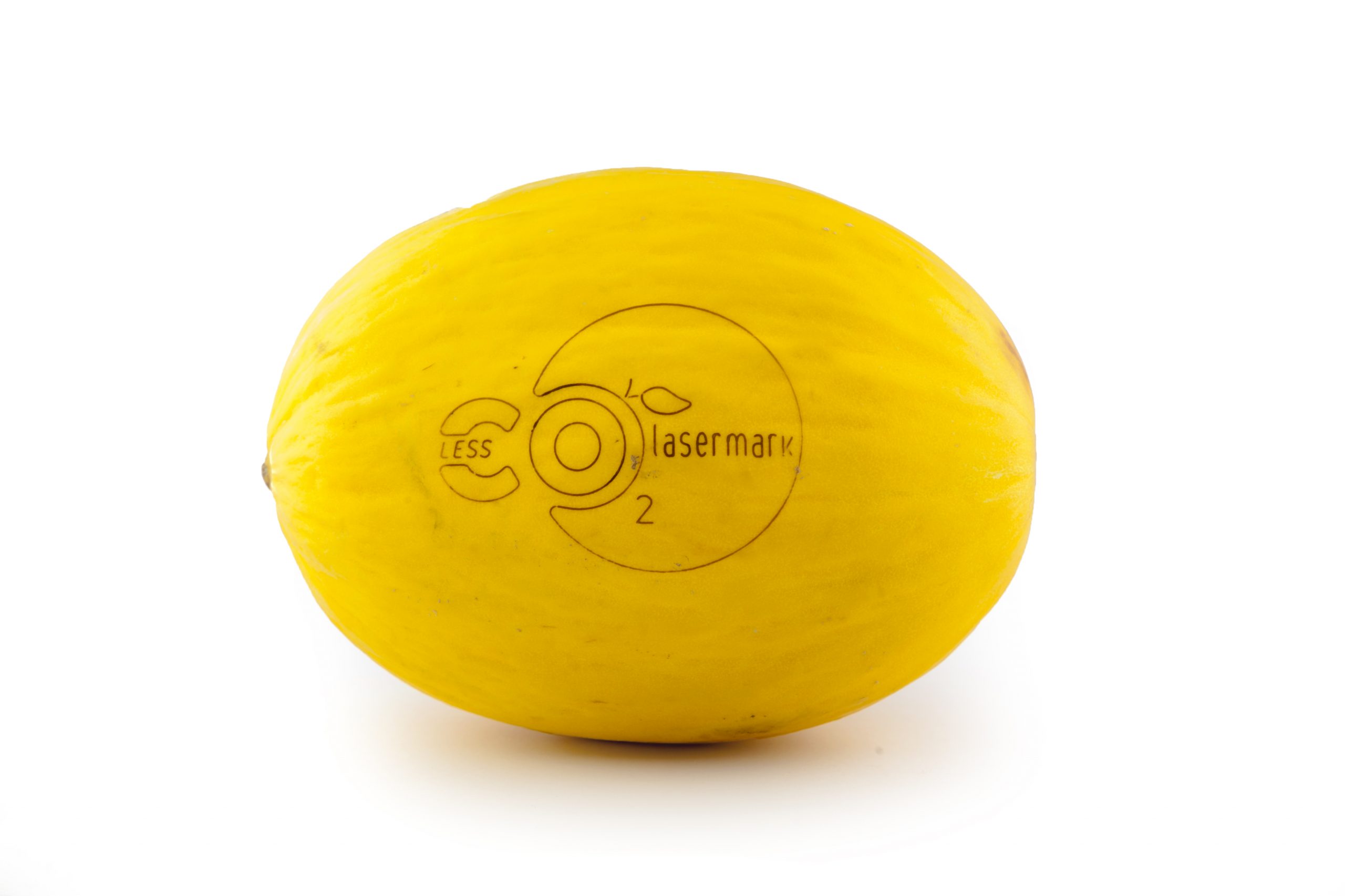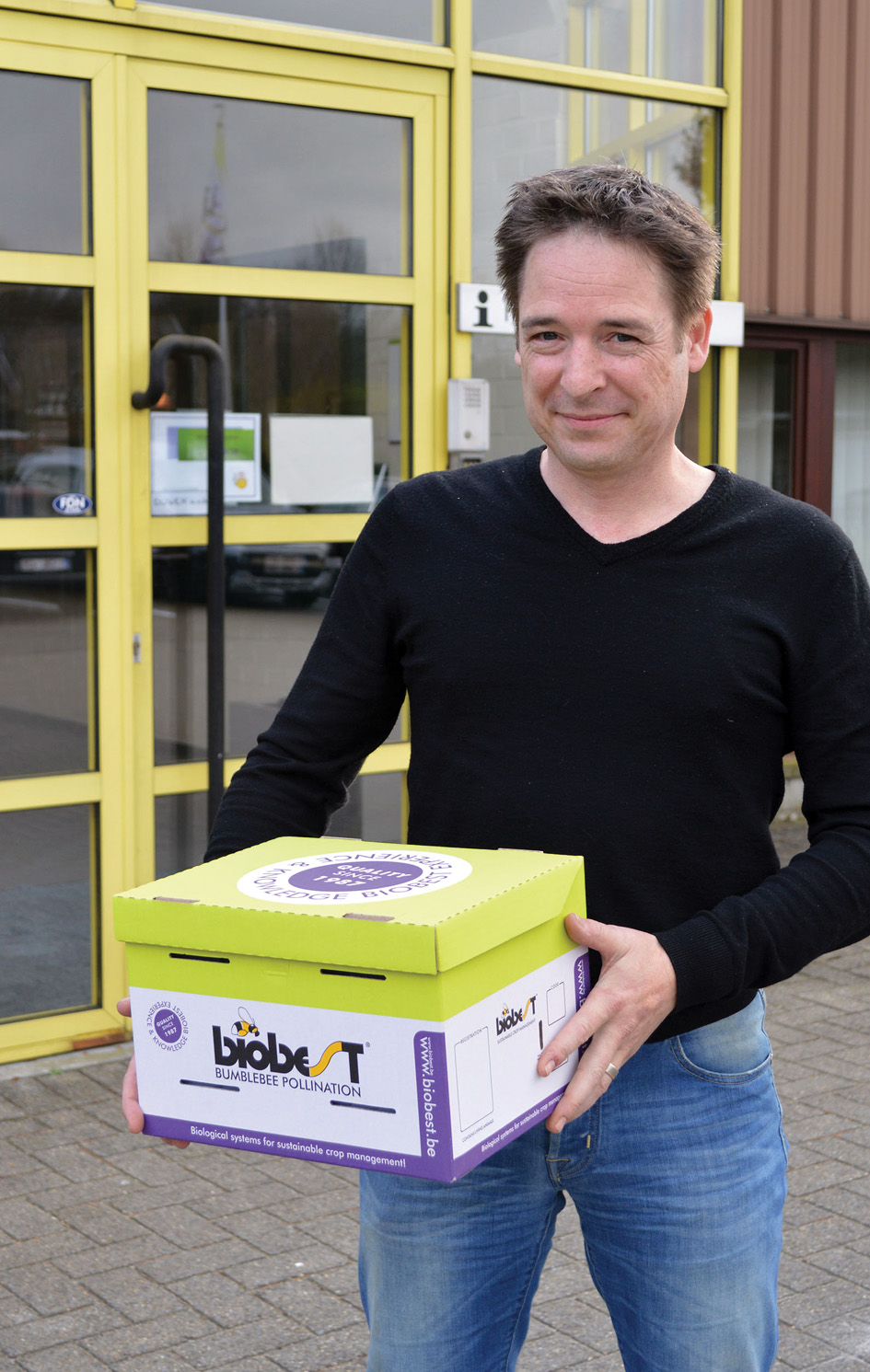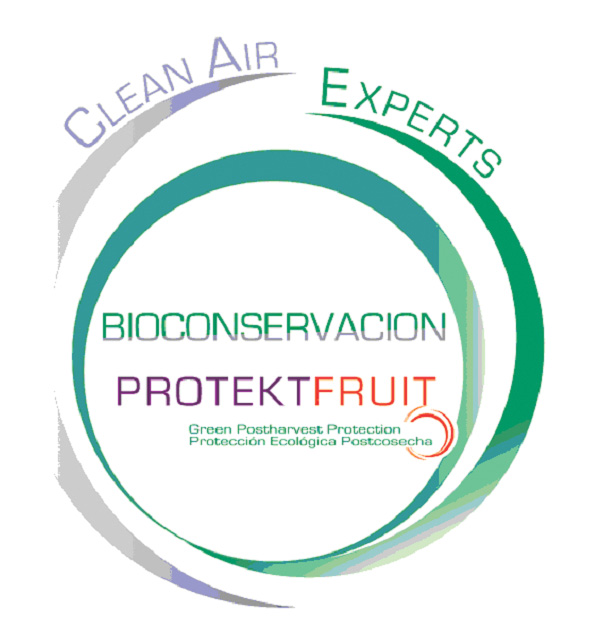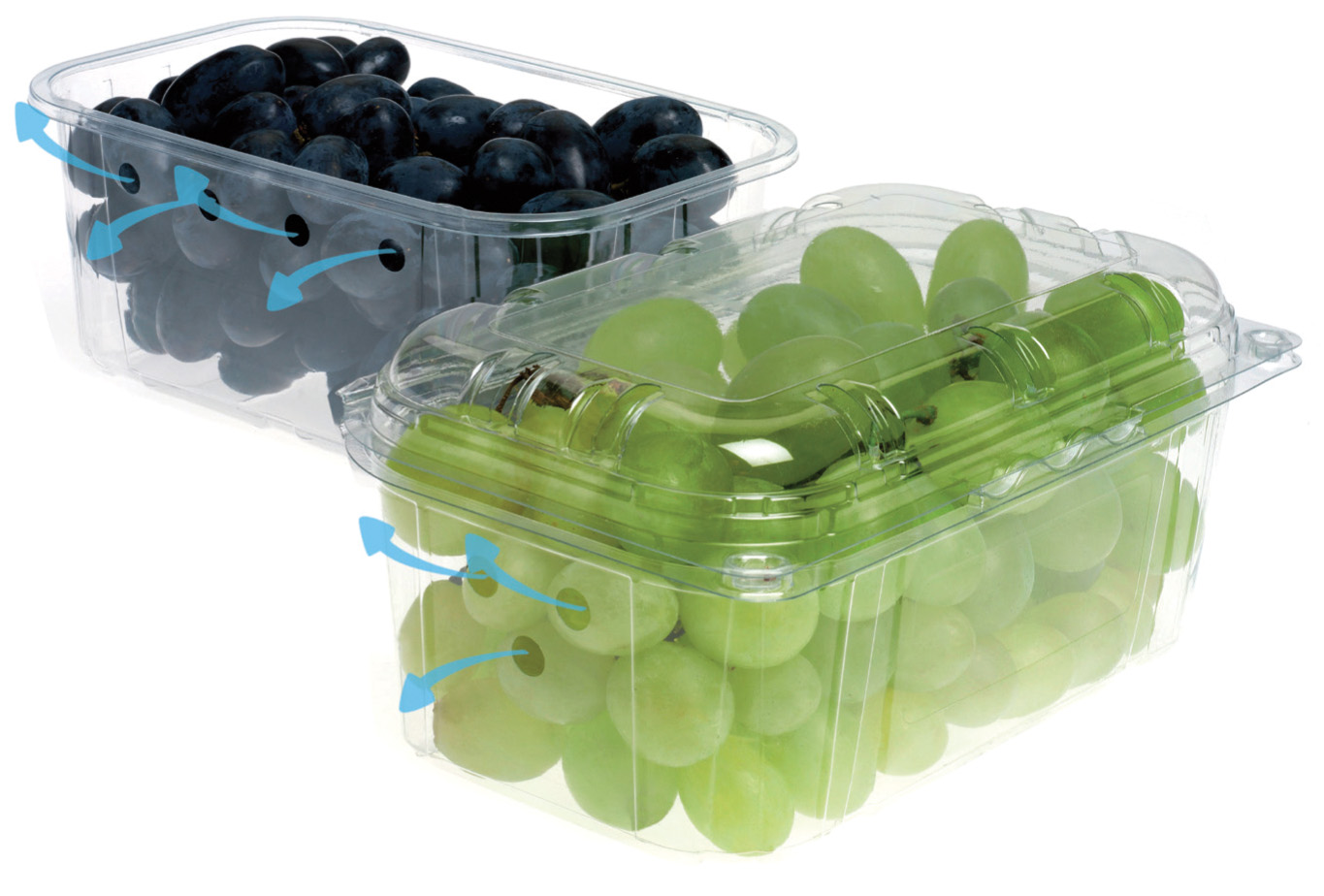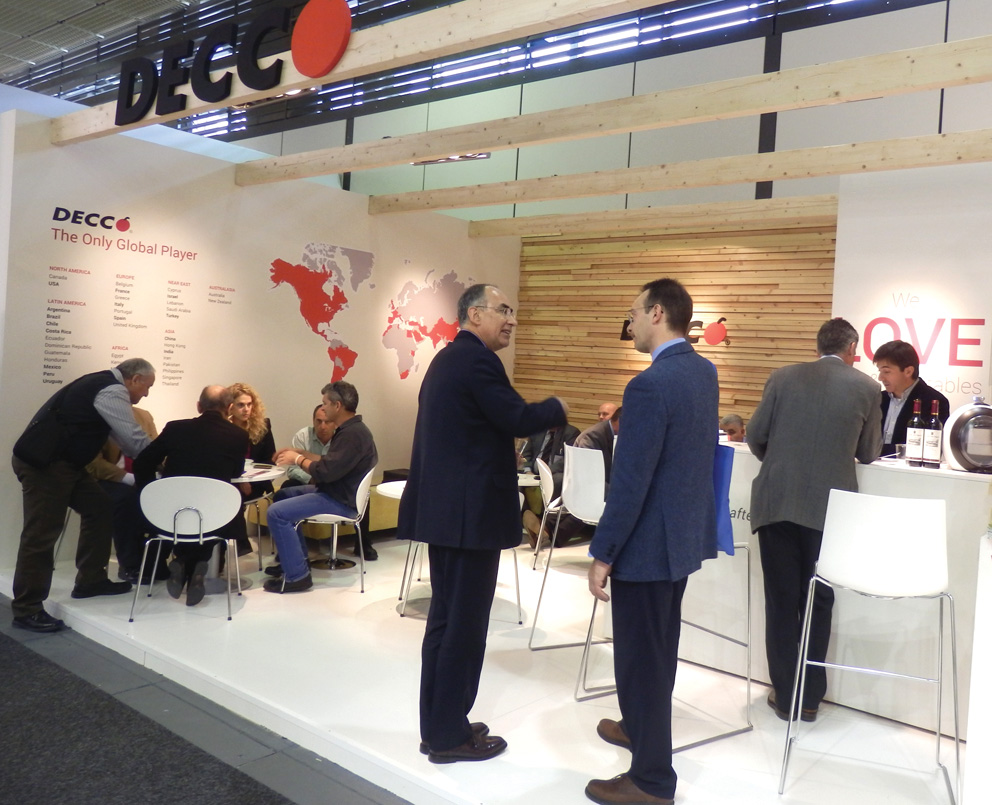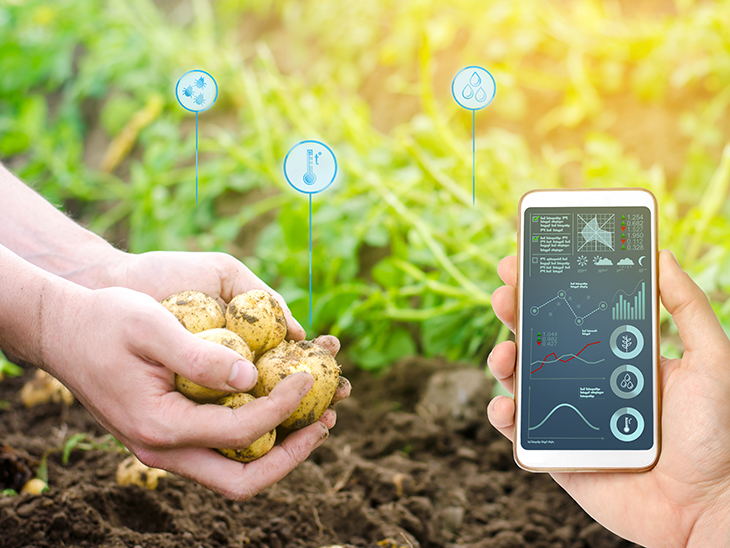
Madrid, 16 June 2021 – Fruit Attraction, a trade fair organised by IFEMA MADRID and FEPEX, will hold a new edition from 5 to 7 October aimed at promoting the sector’s competitiveness and growth. For this, and with the aim of promoting innovation, research, technology and digitisation as fundamental keys to future growth, Hall 5 will bring together the three solutions and services areas related to agricultural sector innovation: Biotech Attraction; Smart Agro and Smart Water&Energy.
Biotech, the great challenges of the horticultural and agricultural sectors
The fruit and vegetable sector faces major issues and challenges that will restrict its capacity for growth, development and competitiveness, such as the opportunities and future of plant biotechnology, its impact on the environment, on industry and society; new digital solutions that add value to the entire agri-food chain; the improvement of production in terms of productivity and sustainability; technological solutions to irrigation; and new developments in energy efficiency aimed at fruit and vegetable farms, among others.
Likewise, agriculture faces new challenges presented by demographic growth, which will increase demand for raw materials, by preferences in consumption, by environmental and legal aspects, and by issues related to the globalisation of the economy. Overcoming these challenges requires an increase in the efficiency (higher productivity with fewer inputs), quality (nutritional, organoleptic) and sustainability (lower environmental impact, reuse of waste, etc.) of agriculture that can only be achieved through the application of new technological developments.
The knowledge generated in applied Plant Biology offers a set of strategic technologies (development of new plant varieties, bioinformatics, genomic editing techniques, agrobiologicals for plant nutrition and protection, revaluation of waste and circular economy, new plant sources for obtaining protein, bioproducts of plant origin with industrial, cosmetic, pharmaceutical, plant biofactories, etc., applications that will make it possible to get to grips with global challenges (productivity, sustainability, quality) faced by the agri-food sector.
Driven by this reality, Fruit Attraction 2021, with the collaboration of BIOVEGEN, is including the plant innovation hub in its BIOTECH ATTRACTION programme, aimed at bringing together and promoting technological innovation and innovation-based business development opportunities. A new specialised area, aimed at companies dedicated to research and technological development of plant genomics.
Smart Agro, precision technological solutions
Likewise, Smart Agro will once again be the specialised space for technology solutions companies in precision agriculture, focused on showing the latest developments in management products for agri-food companies and advanced mobility and analytics solutions, promoting agro-industrial transformation.
Fruit Attraction will also have the collaboration of AgroTech ESPAÑA, which aims to encourage and create business opportunities for agrotech. To this end, different initiatives, such as ´AgroTech Tours´, will be launched, which will allow producers and other agents in the sector to be put in contact with those ‘Techs’ that propose specific solutions. In short, to generate encounters between supply and demand.
Smart Water & Energy, water and renewable technologies
Fruit Attraction incorporates, also as a novelty, Smart Water & Energy, which is oriented to water and renewable technologies in the agri-food sector. Thus, SMART WATER is a new area with the goal of addressing the technological transformation of water in horticulture for the best and most efficient use of water and to improve crop productivity. It is aimed at professional horticultural producers, and managers and technical directors of companies that install irrigation systems and are interested in learning about new irrigation technologies. In this space, participating exhibitors will present equipment, products and services that incorporate the latest technological solutions in irrigation that are dedicated to smart water management.
In addition, renewable energy on fruit and vegetable farms is a valuable opportunity for farmers to reduce costs and emissions. SMART ENERGY was created with the aim of promoting the transformation of energy use in the sector. It is aimed at fruit and vegetable producers, agriculture and energy consultants, installation companies, engineering companies, and technicians from public bodies and administrations. Leading companies in the renewable energy sector linked to agriculture will participate in this exhibition area; suppliers of renewable energy, electricity, green hydrogen, battery storage, bioenergy, solar pumping, self-supply, financing, etc., which will showcase all the new developments in energy efficiency aimed at fruit and vegetable farms.

